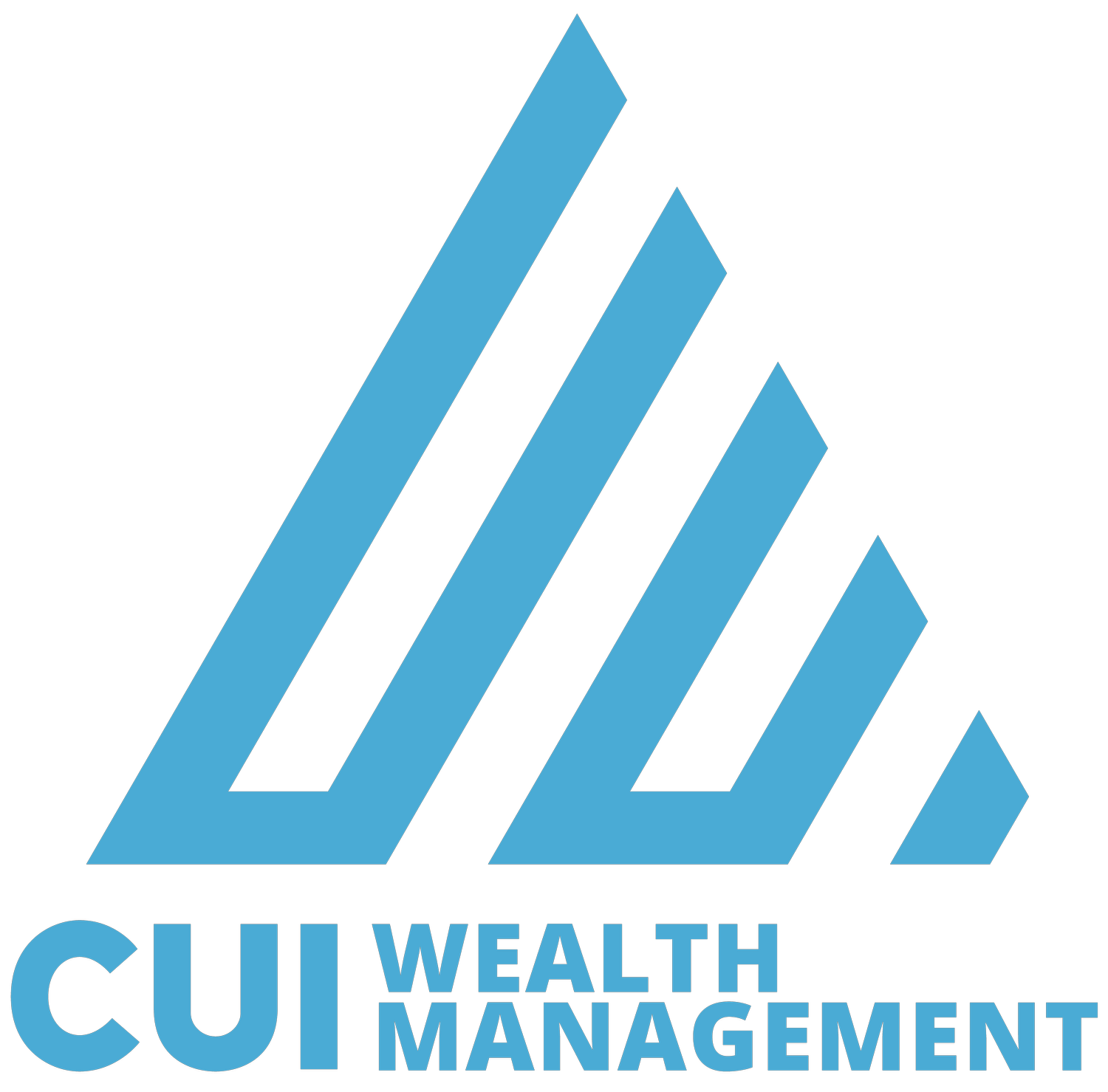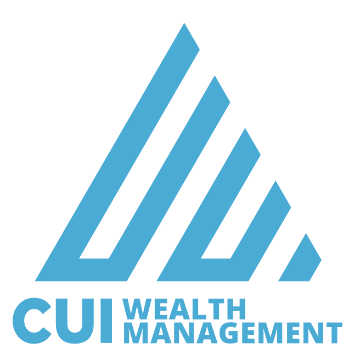What is the Role of a 401(k) Advisor?
If you are involved in managing your company's 401(k), it can be complex and challenging. This is where a 401(k) advisor provides invaluable guidance and support. Let's explore the role of a 401(k) advisor and what they can do to help you make the most of your company's retirement plan.
Managing Investments
One of the primary responsibilities of a 401(k) advisor is managing the retirement plan's investment lineup. They continuously monitor the performance of retirement plan investments, making adjustments as needed to maximize returns while minimizing risks. This proactive approach can significantly impact the growth of an employee's retirement savings over time.
There are a few types of investment roles a retirement plan advisor can take on in a retirement plan. Here are the most common positions advisors take on related to investments.
3(21) Fiduciary
A 3(21) fiduciary role is where the advisor shares the investment management responsibilities with a fiduciary at the company providing the retirement plan. It is sometimes known as a co-fiduciary role. It is like co-signing on a loan; even if you have another party with additional experience on the plan, the other party still needs to be prepared to share responsibilities and liabilities related to investment selection.
3(38) Fiduciary
A 3(38) fiduciary role allows the advisor to exercise discretion. This means the financial advisor changes the investment lineup without asking for permission from the fiduciaries on the plan. This setup removes the investment selection responsibility and liability from the plan fiduciaries. Plan fiduciaries are still responsible for monitoring service providers, including the 3(38).
Benchmark Fees and Services
One of the biggest challenges for plan sponsors and participants is understanding the fees associated with their 401(k) plans. Advisors play a pivotal role in benchmarking costs to ensure they remain competitive, transparent, and aligned with industry standards. Financial advisors can benchmark fees in one of two ways.
Independent Database
Benchmarking can be done by running a report from an independent database to see how your plan fees compare to similar plans. You can often get a 401(k) benchmark tailored to your plan size. This lets you see how costs and services compare to other retirement plans.
Request for Proposal (RFP)
Requesting proposals from multiple providers allows you to compare prices and services. It also allows for price negotiation.
Both methods of benchmarking are helpful and can be used together. It is essential to take the time to document the processes and results of benchmarking. CUI Wealth Management can help you benchmark your retirement plan.
Providing Participant Education
401(k) plan advisors also serve as educators. They explain the intricacies of investment options to participants, helping them make informed decisions. A knowledgeable advisor can demystify these complex financial instruments. A great plan advisor will be available to answer questions with participants one-on-one.
Retirement plans are part of a well-balanced financial strategy. Many other financial topics can improve an employee's economic confidence. Aside from general participant education, a 401(k) advisor can help you establish a financial wellness program. Financial wellness programs help you organize the tools and educational resources that can impact your employee's economic well-being.
Fiduciary Education and Support
401(k) plans are subject to various rules and regulations. Qualified retirement plan advisors stay up-to-date with these regulations, ensuring your plan complies with changing laws. This expertise helps you avoid costly penalties and ensures your retirement savings stay on track.
Retirement plan advisors can guide you through the ever-changing 401(k) landscape. This can help you adjust the retirement plan to anticipate changes.
A good retirement plan advisor can help you keep track of essential compliance items in a retirement plan. For example, they can help remind you of upcoming notice due dates, 5500 filings, forfeiture account use, and force-out provisions.
Strategy
401(k) advisors can be an excellent resource to help your company reach its strategic objectives. Retirement plans are powerful tools that can help you achieve your objectives. When an exceptional retirement plan advisor understands your company, he can help you design a plan that can help your company move towards those objectives.
Often, there are opportunities for 401(k) plans to better align with a company's objectives. A lack of well-thought-out design keeps the 401(k) from aligning with the company's strategies.
Summary
401(k) advisors can bring much value to a retirement plan. Working with an advisor with experience with retirement plans is essential. An exceptional retirement plan advisor can help you build a program that aligns with your company's goals and objectives. They can provide investment and fiduciary support. They can help you stay compliant and up to date with the ever-changing retirement plan landscape.
Our team at CUI Wealth Management can review your employer-sponsored retirement plan. Our focus is on retirement plans. Schedule a consultation today.


